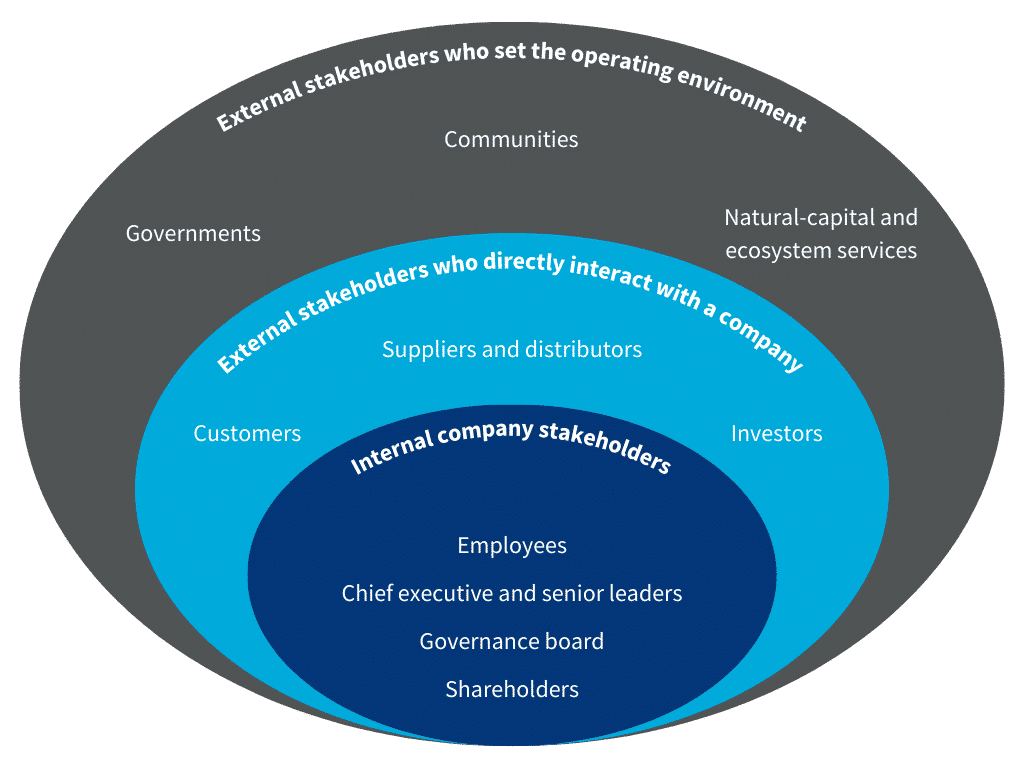As life is always making demands on us due to changing environmental factors, we usually try to adapt to those new situations. Often this is not easy, but in the end many of us say that personal transformation helps us not only to survive but, even more importantly, to thrive.
As for people, the demands also constantly change for companies.
And not surprisingly, adjustment has also become necessary in the business environment, as history has shown us that even the most renowned companies can disappear if innovations are ignored.
It is common for us to develop a particular lifestyle or even a way of working that becomes normal. These habits give us a particular sense of security and bring a pleasant routine into (stressful) everyday life. Thus, each of us has probably already observed that change is not always easy and that we may even subconsciously resist it.
At the same time, however, we are all aware that without change, we don’t move; we stand still, and the environment around us moves on. We can only get better when we step out of our comfort zone – and yes, we often test new limits as well.
The transformation manager
Whether it’s a new role or responsibility, new innovative processes, or different ways of working, we want to get support and guidance in these new situations. Why? Because countless questions and topics come up, and often it isn’t easy to find the right topics to begin with or the time to identify all the priorities in such a jungle of questions. In addition, it also means that we need changing behaviours and new impulses for our mindset –and this is the point where the transformation manager comes in.
A transformation manager combines expert knowledge, leadership competence and excellent communication skills in one person. They analyse the “AS IS situation” and accompany organisations– to their “TO BE STATE”. During this journey, a transformation manager focuses on connecting the dots between various topics and goals, and listens to people to understand why there might be resistance towards change and on how to overcome it. In addition, he/she tries to understand companies existing culture and its values. At the same time, customised training and leadership support are essential to prepare employees for the new environment.
Preparing the transformation
To ensure that a big disappointment does not await you at the end of a transformation, understanding the big picture and WHY the transformation is happening, is the alpha and omega. The reason for the change must be apparent, and its impact must be worked out with the affected colleagues. Therefore, everything starts with a comprehensive Stakeholder Map, followed by a rough roadmap and the definition of milestones. Once this is done, an impact analysis is worked out with the affected areas. The impact analysis often raises concerns about the change within the organisation. Here it is essential to give the people space and room to be heard and to find joint solutions to their concerns. In parallel, the whole process is accompanied by stakeholder-friendly communication, which ideally takes place on different channels.

Managing the transformation
Once the preparations are complete and everyone involved knows what parts they are playing, the transformation must be actively managed. The rough roadmap is now refined and adapted. The goal is to regularly learn along the way and adjust the following steps if necessary. Under no circumstances should a transformation manager have a fixed plan implemented initially but not adapted according to the events.
Managing the transformation is not a “one-men or women show”; it requests the support of every individual who is impacted by it. Especially leaders are the ones who know their employees best and can support them in the transformation. In addition, the so-called “early adaptors” often create a positive mood by sharing personal and honest experiences with their team and by supporting others.
When the transformation has been implemented, it must be ensured that the teams have sufficient time to get used to it. Further gaps can be closed or new goals defined even in this phase.
When to invest in a transformation manager
Transformation management investments become relevant when the change depends significantly on the human component. The technology can usually be updated relatively easily, unlike the users – everyone knows this – think back to the coronavirus pandemic, where all meetings and workshops suddenly had to take place remotely. The technology was there, but the suitable methods to make full use of it had to be learned. This again shows that every investment in technical change needs human support.
Consequences of not having a transformation manager
At the same time, everyone must be aware of the risks and costs of not investing in transformation management. By investing in a transformation manager, you invest in your people and the organisation. Because the transformation manager ensures to bring people, new technologies, new ways of working and related processes together – harmonised. By not taking care of all these aspects, projects often run into delays, missed milestones, budget overruns, rework and loss of work. In addition, the risk of active and passive resistance, lack of resources, unexpected obstacles and, consequently, inconclusive, paused or abandoned projects and project costs increases.
Conclusion
Real change happens in the team, so at the end of the day, it takes every individual to make the transformation happen. The transformation manager guides and accompanies them on the shared journey and connects the WHY, HOW and WHAT instead of only focusing on the WHAT.
Which impact would a transformation manager have on your organisation?
“Each one of us can make a difference. Together, we make change”. Barbara Mikulski

